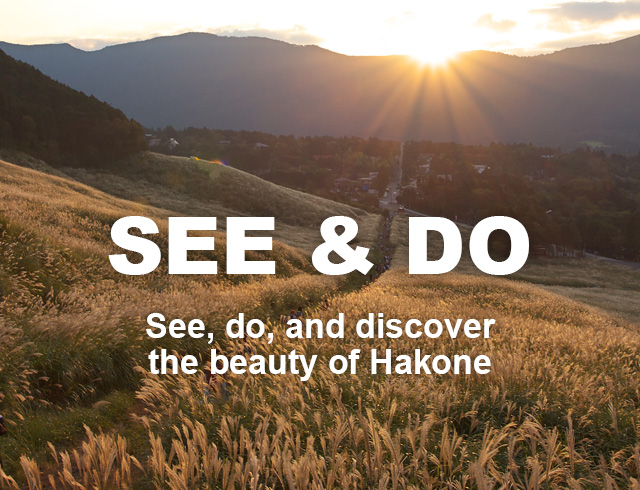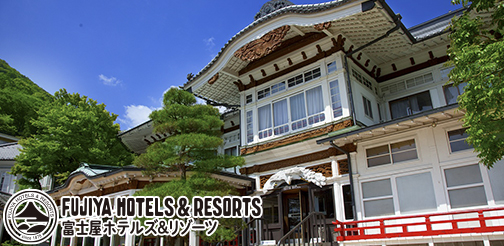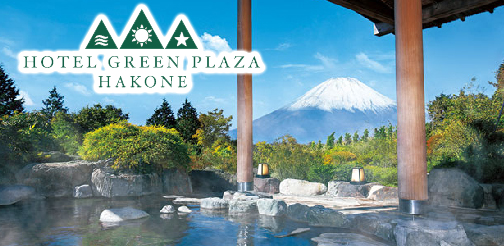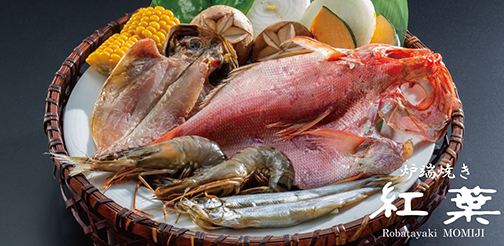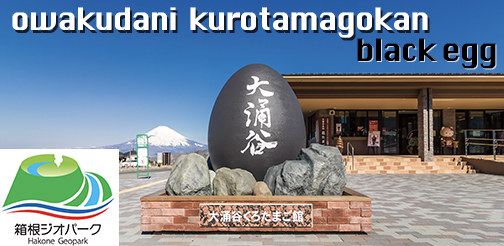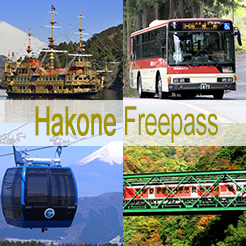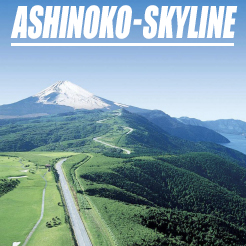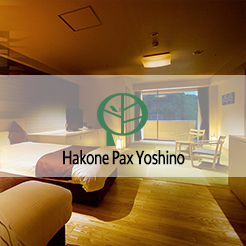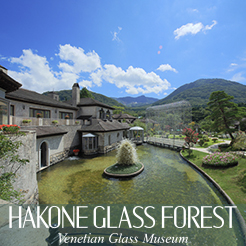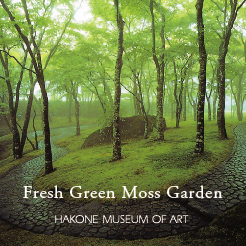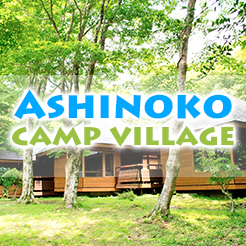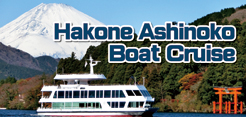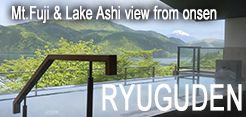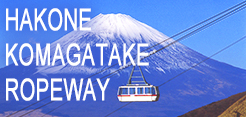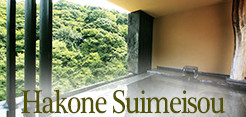cht)How It Was Made?
cht)
In 3,100 years ago the caldea of Hakone was made by Kamiyama mountain eruption, the center of the caldera now. The lava from Kamiyama mountain stopped the Hayakawa river running closely. Which made the lake in the caldera. Radioactive cabon dating method was applied the buried ceders under the lava rocks, and it was found that 3,100 years may have passed since they were buried by Kamiyama eruption. There were many ceders around there, called Jindai-sugi, which are now one of the main materials of Hakone Zaiku, the wood craftwork.
Name of The Lake
There were many reeds growing around the lake. Therefore the lake was named after the reed, Ashi in Japanese, Ashinoko. Old scripts tell that Ashinoko was the holy lake where the trainee Buddhist monks of Hakone Jinja purified their souls and bodies before serving the religious ceremony.
Where the water comes from ?
Mainly it comes from the rain. The water of Lake Ashinoko is usually pouring into Susono city in Shizuoka prefecture, west of Hakone mountains, through the artificial creeks constructed in Edo era. The maximam speed of the water is 1.6 cubic meter per second. Annual amount of rain and snow this area balances inflow and outflow of Lake Ashinoko water.
Lakeside Events
Ashinoko spa village was founded at 1966 and has attracted many visitors because of beauty of Lake Ashinoko and Mt. Fuji. Most of 13 spa inns provide those scenery.
There are many historical spots and events there including Hakone Sekiosho(Old Checkpoint), Hakone Jinja Shrine, Kosui Festival at July 31st, and Hakone Ekiden Collegiate Relay Race.
Many anglers also visit the lake for smelt, blackbass and brokktrout fishing.
| Access | To Hakone / Moto-Hakone From Odawara Station or Hakone Yumoto Station: Take Hakone Tozan Bus (H card on windshield) or Izu Hakone Bus (Z card on windshield) headed for “Hakone Machi.” Get off at “Moto-Hakone-ko.” Final stop is Hakone Machi. To Kojiri / Togendai From Odawara Station or Hakone Yumoto Station: Take Hakone Tozan Bus headed for “Kojiri・Togendai.” Final stop is Togendai. This bus will have a “T” on the windshield. |
|---|


